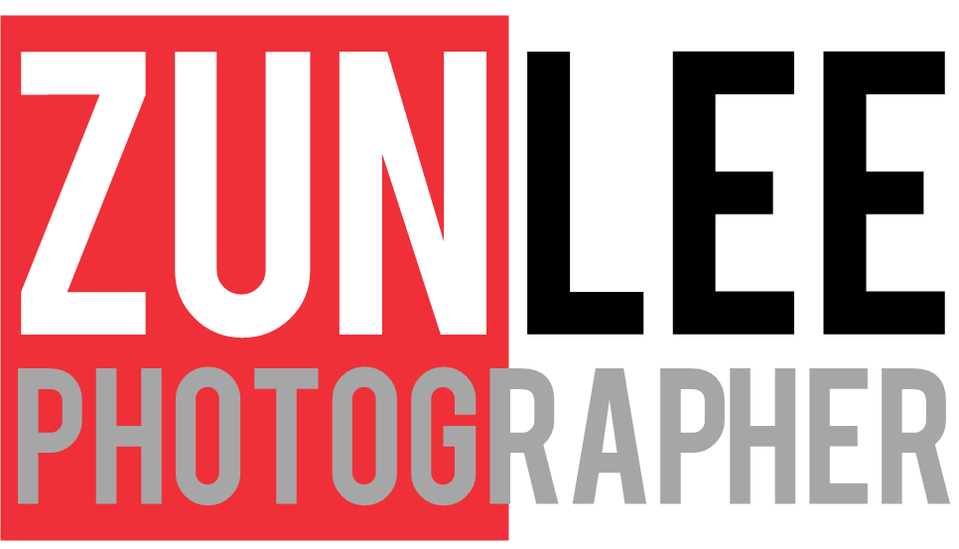
*Please note: This is a wider edit I use for photo editing and sequencing training purposes - redundancies are intentional.
**This work was made possible with the support of Knight Foundation, Davidson College, and Andrew W. Mellon Foundation. And above all, with the love and support of the people of West Charlotte.
West Charlotte Field Notes isn't a singular photographic project in the sense that I didn't set out to photograph anything specific or purposeful.
In 2018, I lived and worked in West Charlotte, North Carolina, for six months as part of a placekeeping residency, collaborating with local residents and artists on a variety of non-photographic arts projects and performance events. During this time, I also made images - mostly with my compact camera or phone - as a neighbor connecting with fellow neighbors. And as a neighbor, I encountered people with a keen sense of communal pride, determined to insist themselves into the fabric of Charlotte’s socioeconomic future.
Whether in Enderly Park, Camp Greene, Lakewood, or Brookhill, the signs of rapid gentrification and displacement are impossible to ignore. Yet the "affordable housing" conversation that currently preoccupies Charlotte and cities across the US isn’t really about real estate or buildings. It is fundamentally about the primacy of story under racial capitalism: Whose stories do we deem worthy of remembering and why? What stories do we share to signify our sense of belonging to ourselves? What stories do we hold on to for our own survival?
Each image offers a glimpse into some of these everyday stories – what sustains them but also what regulates and threatens them. Stories of families whose lives are precarious and often stunted but nonetheless rich, complete and beautiful. Stories that continue to unfold and collapse in cycles while teetering toward something ominous if yet-unnameable.
How communal stories function is really at the heart of any social justice conversation: How we commemorate and memorialize ourselves is powerful. Everyday stories offer us clues about how to reclaim that power to negate the notion that “nothing worthwhile” existed in a given space and to disrupt the logic to “improve upon” what was or was not there.











































































